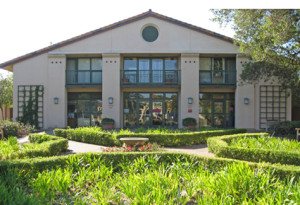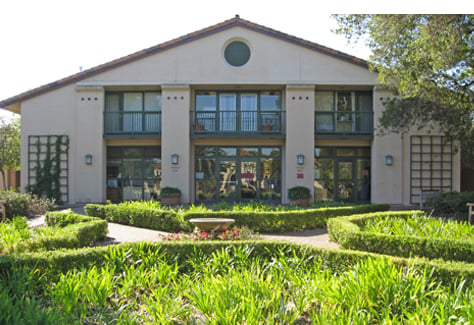
In an apparent vindication of the University’s efforts to improve alcohol-education outreach to freshmen, no students were transferred from Wilbur Hall due to alcohol consumption during fall quarter. Wilbur had averaged five transports over the previous three fall quarters.
Across all of campus, nine freshmen were transported during the 2012 fall quarter, down from 17 in 2011. The average number of transports for the past four fall quarters is 14.
The most significant aspect of the University’s revised approach in Wilbur has been the consolidation of policies. While the resident fellows of the eight different Wilbur houses have previously had jurisdiction over their individual policies, the Wilbur community this year decided on a set of consistent goals and standards.
“What is happening in Wilbur this year is not necessarily a change but intentionality,” said Deborah Golder, dean of Residential Education. “The primary thing that has occurred [recently] is that there is communication among the different houses to be consistent. We took things that folks had done over the years in different houses and just agreed to do them consistently.”
For student staff, new guidelines include promoting a dialogue with students about alcohol and utilizing funding for non-alcohol-centered social activities on Friday and Saturday nights. Staff members have also emphasized residents’ commitment to not have alcohol in public areas or to bring large amounts of alcohol into residences; they are also more adamant in encouraging students to take responsibility for secondary impacts of alcohol consumption (like cleaning up after illness due to excessive alcohol consumption).
While the Wilbur Hall program does not present a sweeping policy change, Ralph Castro, director of the Office of Alcohol Policy and Education, asserted that the decision to be consistent has power in itself.
“There is research that shows that when we can have clear and consistent messages in regards to alcohol, you can start to see reductions in negative consequences,” Castro said. “The research highlights that students want to know what the expectations are up front; once what they know what the expectations are, they are more likely to understand what is expected of them and will behave.”
Daniel Klein ’91, who is serving as a Rinconada resident fellow for his second year, feels that the policy has had just that effect in his dorm.
“It feels like rules such as having no alcohol in common spaces are an easier thing to expect,” Klein said. “My sense is that this year one of the differences is that that expectation seems really clear and is easy to address…whereas last year it was likely that [was] something that was given some lip service to various degrees in some dorms.”
However, Klein added that it is hard to assess the lasting impact of the policy change after only a few months.
“In some ways we are cautiously optimistic,” Klein said. “This is a research university and we don’t want to make assumptions simply based on anecdotes. I do feel like this year is safer, but not dramatically so.”
Castro, Golder and Klein all separately emphasized, however, that transport numbers—while significant—are not the most important piece of data in assessing the success of the University’s new policy.
“If transports were the only number that mattered, then people would err on the side of not transporting when we want them to err on the side of transporting,” Klein said. “We want people to make the call and not care about it adding to some number that everyone is counting so carefully.”
Despite the apparent benefits of Wilbur’s new policy, Golder claimed that there is currently no plan to expand the initiative to other complexes like Stern, which had five transports during fall quarter.
“One of the things that is great about our residential system is that no two places are the same,” Golder said. “We need to find the things that have worked in Wilbur and understand why they have or have not worked and see what is translatable to other settings. There are no cookie-cutter answers.”
